

Timing is everything--and the localized remake of a game that was praised in the past may fall flat when judged by current-day standards. That’s the biggest issue for the overly punctuated JRPG Shin Megami Tensei: Devil Summoner: Soul Hackers. Compared to games from the PlayStation/Saturn era, it’s plenty advanced, but much of the game is outdated when set next to current 3DS role-playing titles.
Originally created for the Sega Saturn in 1997, Soul Hackers is one of the earlier entries in the SMT franchise, but exhibits many of the strengths the series is known for today. It has a deep monster collecting and fusion system which is complemented by a well-balanced turn-based combat that rewards taking every turn seriously. And it has the type of mature storyline fans come to expect from SMT, one with a dark tone and realistic characters that doesn’t talk down to its audience.
"This now-retro premonition will charm players..."
There’s also a certain appeal to experiencing Soul Hackers’ dated vision of the future. The game imagined an early 2000s where corporations controlled entire cities, the internet is explored like a first-person MMO, and hackers form cyberpunk clubs in the interest of social justice. The corporation and the hackers now control tech that summons demons, and are battling for control of both the real and digital worlds. This now-retro premonition will charm players with fresh eyes as well as old-timers who remember when this future seemed possible.
But that retro feel isn’t all charm; most of the visuals here are simply dated. The character designs hold up, but the first-person dungeons are incredibly drab hallways painted in greys and blues. And while we admire that the CGI cutscenes from the original version are left intact, the once-impressive computer graphics have aged terribly, looking laughably poor at times.
"...these changes can’t fix the flaws at the core of the game."
The difficulty and overly complex systems have aged badly as well. Soul Hackers--like many RPGs of that era--throws new systems at you continually, often without adequate explanation. Concepts like battling, exploring dungeons, capturing demons, and the two types of currency fly by fast, and you end up familiarizing yourself with those and other gameplay systems through mundane trial and error.
Soul Hackers does include some updates that soften these rough edges. You can turn down the default difficulty, make the dungeon controls less tank-like, and simplify the demon capturing system--but these changes can’t fix the flaws at the core of the game. The most welcome addition was a log that reminds you where you left off with your last save, but Soul Hackers’ problems are rooted in the game’s original design, so any optional adjustments merely scratch the surface of the fundamental issues.
"Soul Hackers does include some updates that soften these rough edges..."
Back in 1997 Soul Hackers was well reviewed in Japan, and if you can put yourself in a throwback mindset, it’s a fun romp through a lost Saturn classic. But when played outside a vacuum, it’s just too dated for its own good, and the clever writing, interesting sci-fi setting, and SMT’s addictive demon-collecting aren’t enough to overcome that. Time has moved past this style of game, and if you don’t miss JRPGs like this one, you’ll end up wishing this vision of the future stayed in the ’90s.


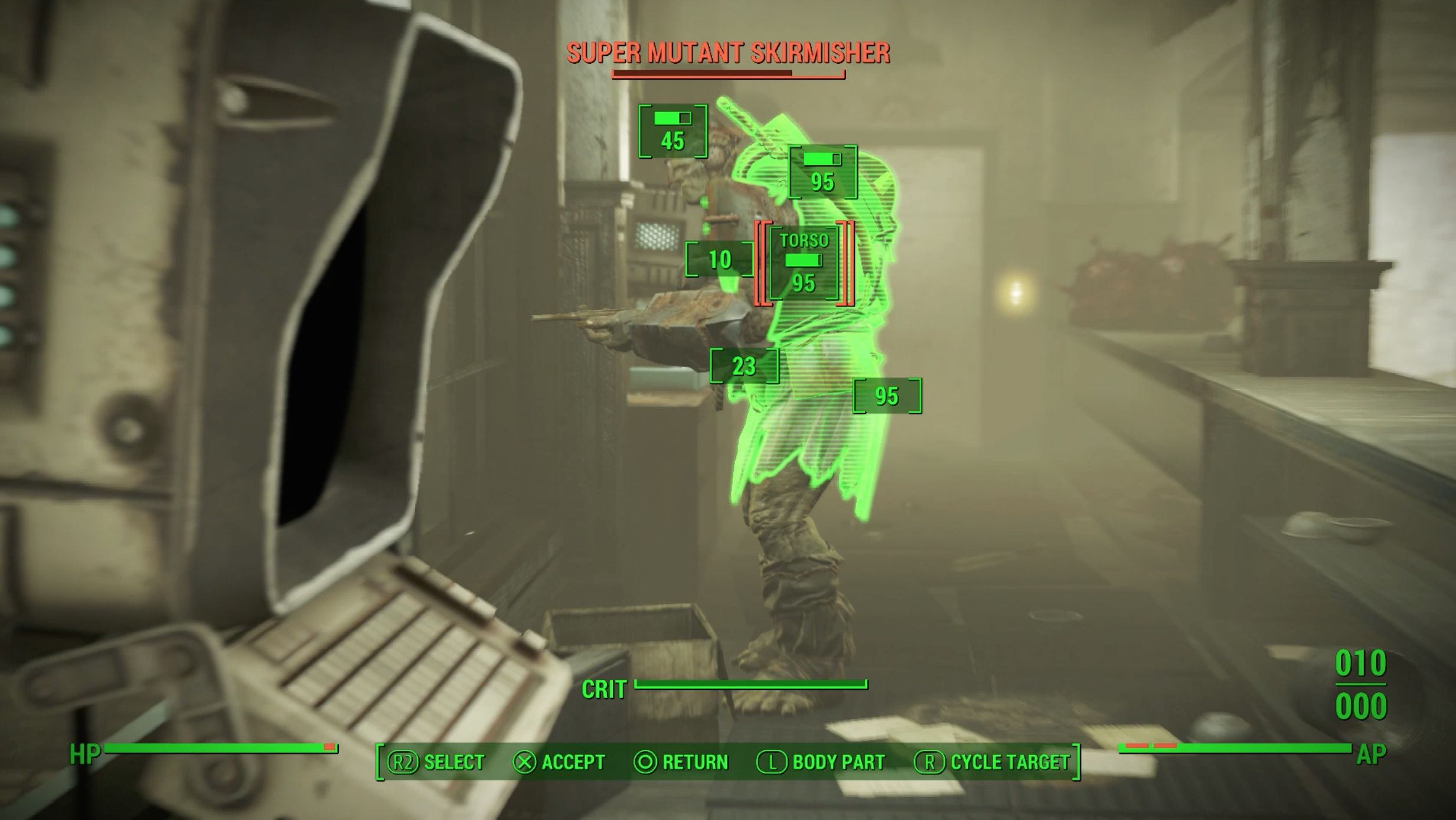

 The Walking Dead Episode 4 Walkthrough
The Walking Dead Episode 4 Walkthrough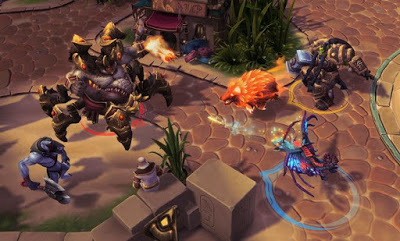 Heroes of the Storm (PC) beginners guide
Heroes of the Storm (PC) beginners guide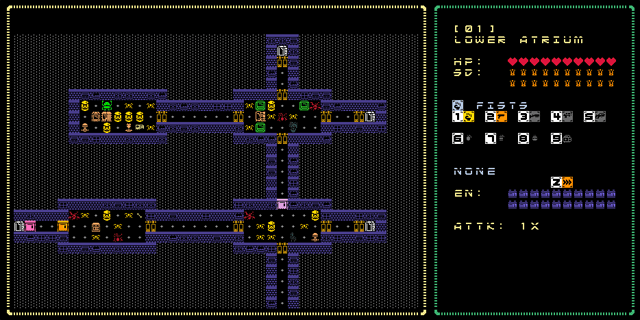 The Best Roguelikes To Play When You're On A Coffee Break
The Best Roguelikes To Play When You're On A Coffee Break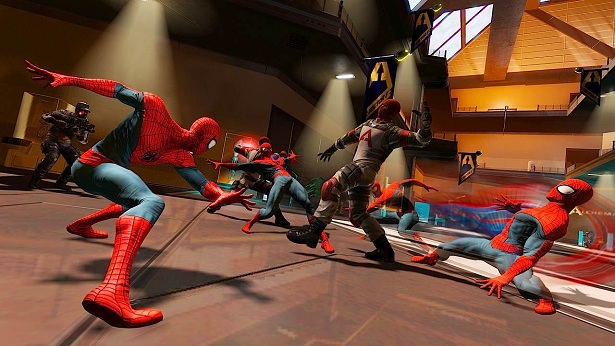 Spider-Man: Edge of Time Walkthrough
Spider-Man: Edge of Time Walkthrough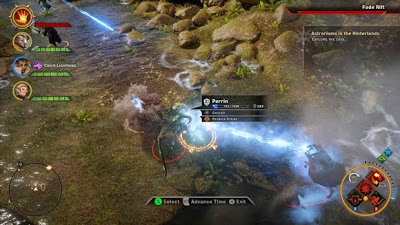 Dragon Age: Inquisition - Tactical Camera and the Focus
Dragon Age: Inquisition - Tactical Camera and the Focus